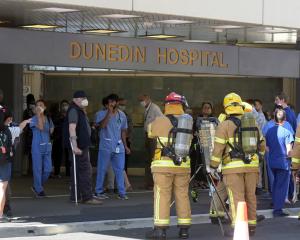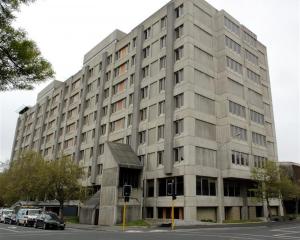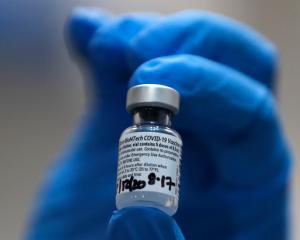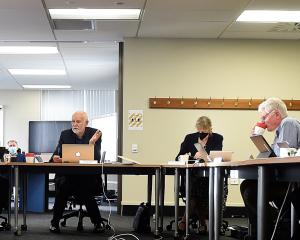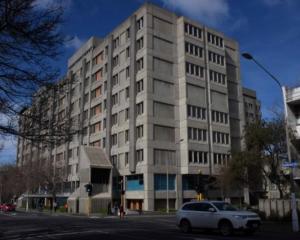Dr Kerruish says there is no indication anything will have improved by then.
Staff felt they were trying to do their job with "one hand tied behind our backs" because they were constrained by "so many things" and staff morale was low.
The board has been languishing near the bottom of national tables showing compliance with the requirement that 95% of patients stay no longer than six hours in an emergency department. The Dunedin level has been consistently around the 70% mark.
In a recent board bulletin, Mr Butterfield said he was "confident significant projects currently being undertaken will improve our results by the end of June 2011".
Dr Kerruish said the board should have moved to address the issues 18 months ago.
He accepted a report on a short-stay unit or similar was being prepared for consideration by the hospitals' advisory committee, but even if it was given some real priority, it would be at least six months before it would be in place. Recruiting for extra staff would also be required.
There had been much talking, thinking and meetings but, "as Einstein said, 'Nothing changes until something moves.' Something has got to move," Dr Kerruish said.
Asked about forthcoming meetings organised by Grey Power at the request of the hospital to give people the opportunity to relate their emergency department experiences, Dr Kerruish said any member of the department's staff could provide the information that "old, frail people are spending hours and hours in an inappropriate place of care".
"I don't think that if you take a member of staff here to one of those meetings, they will hear anything they don't see every day," he said.
A special group called "6 Hours - It Matters!", led by chief operations officer (Otago) Vivian Blake and intensivist Mr Mike Hunter, has been established to take a whole-of-systems approach to the issue.
• March is traditionally one of the department's busiest months, with about 3000 attendances.
Dr Kerruish said there had been some "horrendous days" during the month, including the day of the students' Hyde St party.
In February, there were 3047 attendances, compared with 2966 the previous February.

